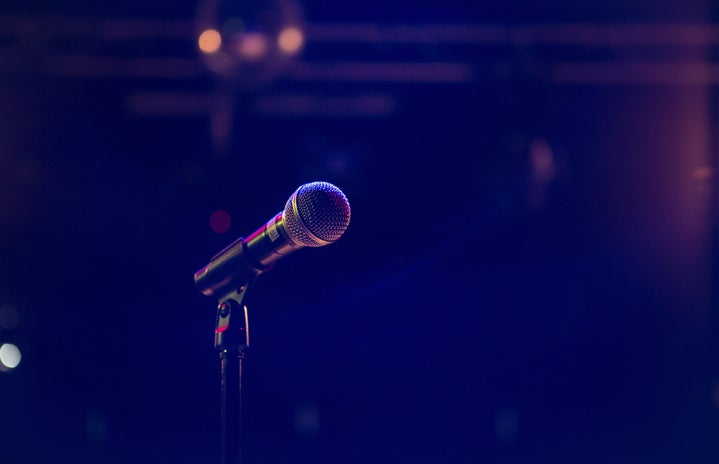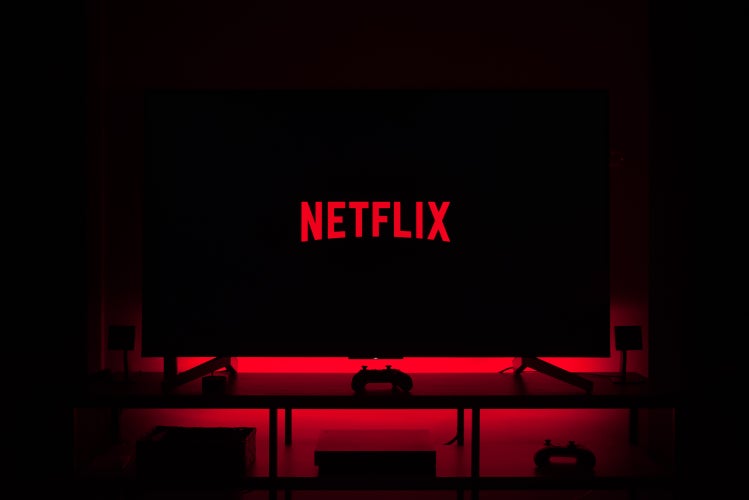Watching your favourite celebrities get cancelled really does feel like losing that unfiltered friend who makes you laugh even during the darkest of times. I don’t know if it’s just me, but I feel like cancel culture may be going too far with its movement, especially in the entertainment industry.
How does one talk about cancel culture? How does one talk about cancel culture without offending anyone? Being the youngest of three, I must say, I have been exposed to many platforms and genres of entertainment, many of which are either categorized as offensive and unprogressive, while others still have the green light of approval. When it comes to cancel culture, I cannot help but wonder what this could mean for the future of entertainment, especially for stand-up comedy.
One iconic person who recently became the victim of cancel culture is none other than the famous stand-up comedian Dave Chappelle. This celebrity has been called out by cancel culture over numerous videos and specials depicting sexism, racism and homophobic/transphobic content. Oct. 5, 2021, marks the day that 48-year-old Dave Chappelle retired. But of course, his mode for retiring included the launch of his latest Netflix special, “The Closer,” all of which resulted in Netflix employees staging a walkout.
According to Colleen Frances Manwell, author of “Stand-Up Comedy as a Tool for Social Change,” argues that historically, comedians turned stand-up comedy into a platform to disrupt taboos and attack real social injustices. Richard Pryor was the first stand-up comedian to address racism in mainstream comedy.
“In focusing on the phenomenon of racial stand-up comedy, the mere fact that there is a large and enthusiastic audience for it is testament to the fact that there are still issues of racism and oppression in American society—for why else would people choose to have a comedian make them feel uncomfortable, unless they saw some truth in what was being said?”
Colleen Frances Manwell, “Stand-Up Comedy as a Tool for Social Social Change”
Bottom line, Chappelle based his Netflix special on his experiences being labelled racist, sexist and homophobic/transphobic. He essentially talked about cancel culture and how it affected his career and prohibited him from living his ordinary life. Above all, he addressed the LGBTQ+ community about how he does not hate them but is rather envious of their quicker progression for rights than the black community is, even though they are fighting for the same goal at the same time. Apart from these controversies, Chappelle ended his career admitting that not everyone will like or agree with what he has to say.
“It’s art. And you are free to interpret this art however you like”
Dave Chappelle, “The Closer”
Nonetheless, I hope future stand-up comedians get a better chance to express themselves. But as for Dave Chappelle – goodbye old friend.



